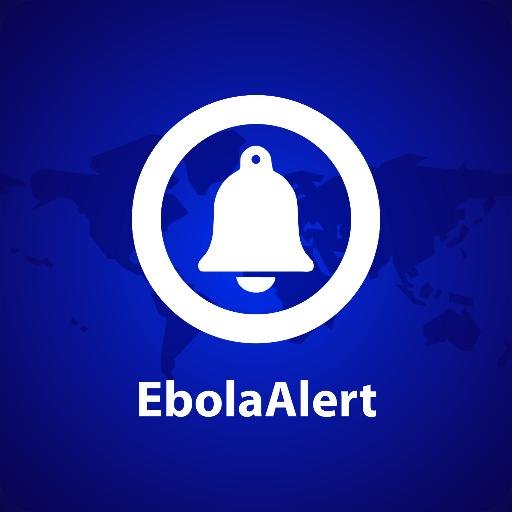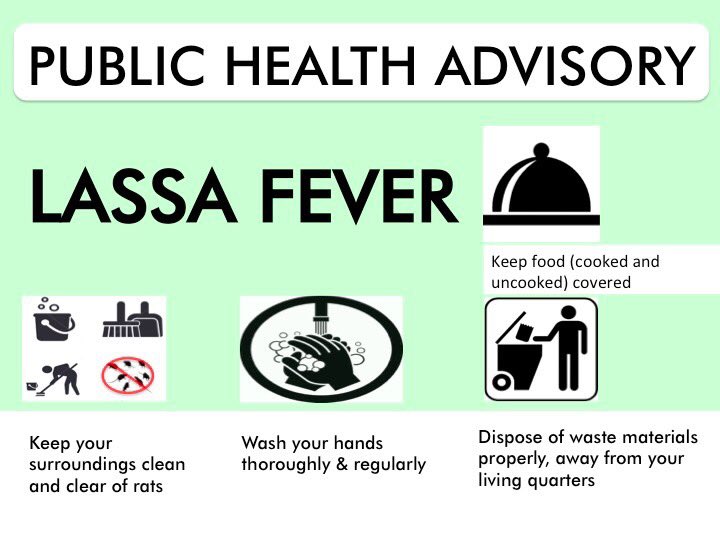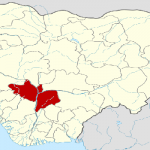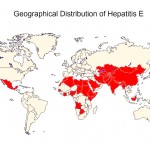Warning: Illegal string offset 'source_type' in /home/mychutej/public_html/blog/wp-content/plugins/egany-facebook-to-wp/egany_facebook_to_wordpress.php on line 1099
The Nigeria Centre for Disease Control is aware of an outbreak of Lassa Fever in Lagos & is in close contact with State Epidemiology Team.
On the 4th of August 2017, the Nigeria Centre for Disease Control (NCDC) was notified of an outbreak of Lassa fever in Lagos State. As at the 9th of August 2017, Lagos State had reported five confirmed cases and two deaths.
Following the confirmation of these cases, the public health response commenced immediately led by the Lagos State Ministry of Health with support from the Nigeria Centre for Disease Control. Contact identification and tracing was initiated, and case management has begun for other confirmed cases. The Federal Ministry of Health through the Nigeria Centre for Disease Control has provided resources including medical supplies to support case management in the State.
Lassa fever is a viral hemorrhagic illness, caused by contact with food or household items contaminated with rodent urine or faeces. The Lassa virus may also be spread between humans through direct contact with blood, urine, faeces, or other bodily secretions of a person infected with Lassa fever.
The illness is characterized by sudden onset of fever, and general weakness. Other symptoms including headache, sore throat, muscle pain, chest pain, nausea, vomiting, diarrhoea, cough, and abdominal pain may follow. In the most severe cases, individuals may bleed from the mouth, nose, eyes or other parts of the body.
Although there is no vaccine currently available for Lassa fever, the disease can be prevented and treated. Members of the public are advised to ensure proper sanitation to discourage rats from entering homes. Food stuff should be stored on rodent-proof containers, garbage should be disposed properly and far from the home, and hand washing should be practiced frequently.
It is very important to report to a health facility for early initiation of treatment. Lassa fever should be suspected where common causes if fever, like malaria have been ruled out. Health care workers are strongly advised to practice universal care precautions while handling patients at all times, not just when Lassa is suspected.
Extra caution should be taken by family members who are providing care for patients with Lassa fever. In addition, States are encouraged to ensure safe burial practices for patients who die from Lassa fever.
The Nigeria Centre for Disease Control urges all States to continue to report cases of Lassa fever immediately, while improving on the timeliness of their reporting generally. National guidelines for Infection Prevention and Control, as well as Lassa fever case management have been developed and are available on the NCDC website for download (http://ncdc.gov.ng/diseases/guidelines).
Since the onset of the Lassa Fever outbreak in December 2016 (Week 49), a total of 689 suspected cases and 113 deaths have been reported as at Week 31 of 2017. Of these, two hundred and thirty-one cases (231) have been classified as: confirmed (217) with 81 deaths. NCDC has been supporting the response across several States in Nigeria and will shortly host an outbreak review meeting to review critical aspects relating to the outbreak in Nigeria.
Sources: Nigeria Center for Disease Control (NCDC).













Leave a Reply